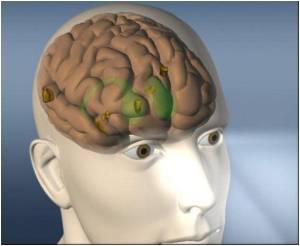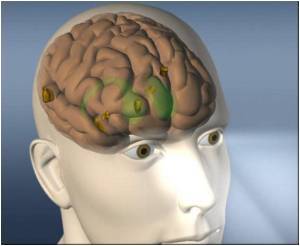Scientists at the Australian National University (ANU) have been able to use a computer-based test to gauge a person's brain health, according to a new study.

"Although we cannot be certain that these middle-aged people will go on to get dementia, the results are important for several reasons," News.com.au quoted Professor David Bunce as saying.
"Although the presence of the lesions was confirmed through MRI scans, we were able to predict those persons who had them through very simple-to-administer tests," he added.
The research took in almost 430 men and women, aged 44 to 48 and many based in the Canberra area, and less than 10 per cent were found to have the lesions.
It was very low cost and could be performed during a standard doctor's check-up.
"It could be something a GP could have in their surgery and it would take 30 seconds to a minute to do, like a blood pressure test," Bunce said.
Advertisement
The research is published in the journal PLoS ONE.
Advertisement















